Importance of Cyber Security Globally
Internet-based industry such as e-commerce, banking, traveling, insurance and cloud-based is giving high priority to the cyber security. However, companies also accept their safety does not reach to optimum level because they lack of proper security related education in their organization. According to ITRC (Identity Theft Resource Center) report, until July 2016, there were more than 522 data breaches. The report also states that data breach is now diversifying into different sectors such as federal agencies, healthcare, and telecom. Many popular companies such as Centene, Federal Bureau of Investigation, Seagate and Internal Revenue Service are the notable examples of data breach in the USA. Such data breaches cause loss of personal information like Name, Contact Number, Social Security Number and ID cards on a large scale. In 2016, the total cost of cybercrime reached to $450 billion globally. There are various types of cybercrime attacks used by cybercriminals for various purposes such as data breach, vulnerability and much more. The major cyber-attacks are.
- Cyber Fraud
- Malware Attacks
- Social Engineering Attacks
- Technical Attacks
- Vulnerability Exploitation
- Login Attacks
#1. Cyber Fraud Cyber fraud is a process where cybercriminal tries to steal your money, personal, property and financial information. There are different types of cyber fraud such as Phishing attacks, Spear Phishing attacks, unauthorized disclosure, and Whaling.
#2. Malware Attacks
in this type of attack, the malware comes from specific files such as .exe source and adware. The virus activates just after you open the file and in cases, malware file download on your PC without your authorized approval.
#3. Social Engineering Attacks
This attack is currently popular because it targets mainly to non-technical person through the phone internet call such as Skype. They present themselves as company authorized or technical support guys and asked for your personal information such as name number and Ids for regular database updates.
#4. Technical Attacks
Mainly target Organization technical systems such as Database, DNS, and outdated software. There are different types of Technical Attacks that hackers are using and DOS attacks are one of the well-known types, where attacker disrupts the internet usage of the user. Web Page Defacing is a type of attack where a hacker breaks the web page security and change to page visibility such as design and text to warn the owner about the lower level of data security.
#5. Vulnerability Exploitation
Make sure you get your software update from authorized source, because most of the vulnerability attacks come with software updates. In Vulnerability attacks, hackers inject the code in the program, and when the user tries to run that program, the hackers get their desired result.
#6. Login Attacks
Such attacks directly target your personal accounts such as email, bank and social media platforms. Some common login attacks are brute force, password cracking and oAuth exploits. The hackers mainly target large firms such as Google, Microsoft and Sony. Therefore, such companies have some strong organization security rules for their employees. But it doesn't mean small and medium firms are safe. Every organization must set some strict rules to avoid major security threats. Below are some common security rules that every company must follow.
- Keep your necessary software and system up to date.
- Create an internal policy to avoid using external drive such as pen drive, memory card or external hard disk with informing technical person. Also block certain website such a free software download, free shareware, and spam sites responsible cyber-attacks.
- Cloud service is adopted by many companies because cloud service is cost efficient and easy to access from anywhere.
- Educate your employee about cyber threats and how you can avoid malware downloads.
- Encourage your employee to use a secure password (alphanumeric, symbol) and change after a period.
Benefits Of Domain Validation (DV) SSL Certificates
Have you ever think, that how much your website is secure from hackers, spyware and malicious attacks? In the recent report of Kaspersky Lab states that last year 47.48% financial, 10.17% E-Shop, 25.76% E-banks and 11.55% E-payment attacks blocked by their security software. If you think your website is having spyware, then you need to think twice before login in your admin panel. If you are running a small-scale website like blogs or a medium scale website like a locally targeted online store, you must take advantage and secure your site through inexpensive Domain Validation Certificates.
Important Checklist for Website Security
Whether you are launching a new website or running a successful existing online business/personal website, you must check your system security frequently to avoid unpredictable cyber and malware attacks. Last year 51% percent of US adults suffered from some security vulnerability issue also estimated global cost of the cyber-attack reached to $400 yearly. Nowadays website security is important for everyone whether it is small blogger, locally based online store or large e-commerce seller. If your site is dealing with user data such as name, email, postal address and card details then you must check below mention tips to avoid any loss hacking and malware attack.
There are various small factors responsible for big cyber and malware attacks, which administrator does not take into account. Some common factors responsible for malware attacks are outdated CMS, old password and not using secured encryption connection.
To prevent your website vulnerabilities and compatibility issue, keep your Content Management System (CMS) up to date. World`s most popular CMS like WordPress, Joomla, and Drupal frequently update their system and send the notification to their user. Make sure you update your CMS, important plugins, and software to avoid general malware and breach issue.
Some most common login passwords like "admin" admin123" and "password" are very easy to crack. Keep your password strong and must be having alphanumeric and special character. Change your password after a certain time to avoid any misuse. Keep your security question uncommon and never disclose the answer to anyone.
Websites like blogs, News and E-commerce place some JavaScript for data validation. Sometimes these data are validated through client-side, but sometimes it is not safe because hackers can easily catch your password from the page source. Data validation from server side adds an extra layer of data security because it follows some certain safety rules to block malware software intended to breach user data.
Scheduling an automatic backup may save your time and money every time. Backup take some extra space from your current storage space. However, it's good to keep the backup on a regular basis.
When we talk about data security. SSL Certificate is the most important option available for encryption. SSL certificate like Comodo SSL, Symantec SSL, RapidSSL and Thawte SSL certificates are some of the most popular brands in Data security & encryption industry. Based on your website nature and requirement you can buy SSL certificate start from $11 with instant issuance.
SQL Injection is some of the most popular techniques used by hackers to grab personal information. Through placing a dynamic code in the query server, hackers can easily access your website personal information like user name, address and credit card details. Some common guidelines to avoid SQL injection vulnerabilities are.
With these common recommendations, you can protect your important data hacking and malware attacks. Help you to build strong customer trust and improve sales.
There are various small factors responsible for big cyber and malware attacks, which administrator does not take into account. Some common factors responsible for malware attacks are outdated CMS, old password and not using secured encryption connection.
#1. Keep Software Up to Date:
#2. Use Secure Passwords & Update frequently
#3. Data Validation Must Be Done from Server-Side
#4. Backup Regularly
#5. Set up SSL Connection
#6. Reduce SQL injection vulnerabilities
- Validate all SQL input correct
- Use predefined query instead of a dynamic query.
With these common recommendations, you can protect your important data hacking and malware attacks. Help you to build strong customer trust and improve sales.
Why Your Website Need SSL Encryption Security?
Nowadays everyone likes to purchase from the website, and online transaction is a big part of that. In a recent report, cybercrime found that more than 30,000 websites are infected every day with malware and their data stolen by unknown hackers. The primary reason for website hacking and malware attacks are using old version CMS (Content Management System) and plugin for long-time and sometimes not using SSL (Secure Sockets Layer) Certificate on the website.
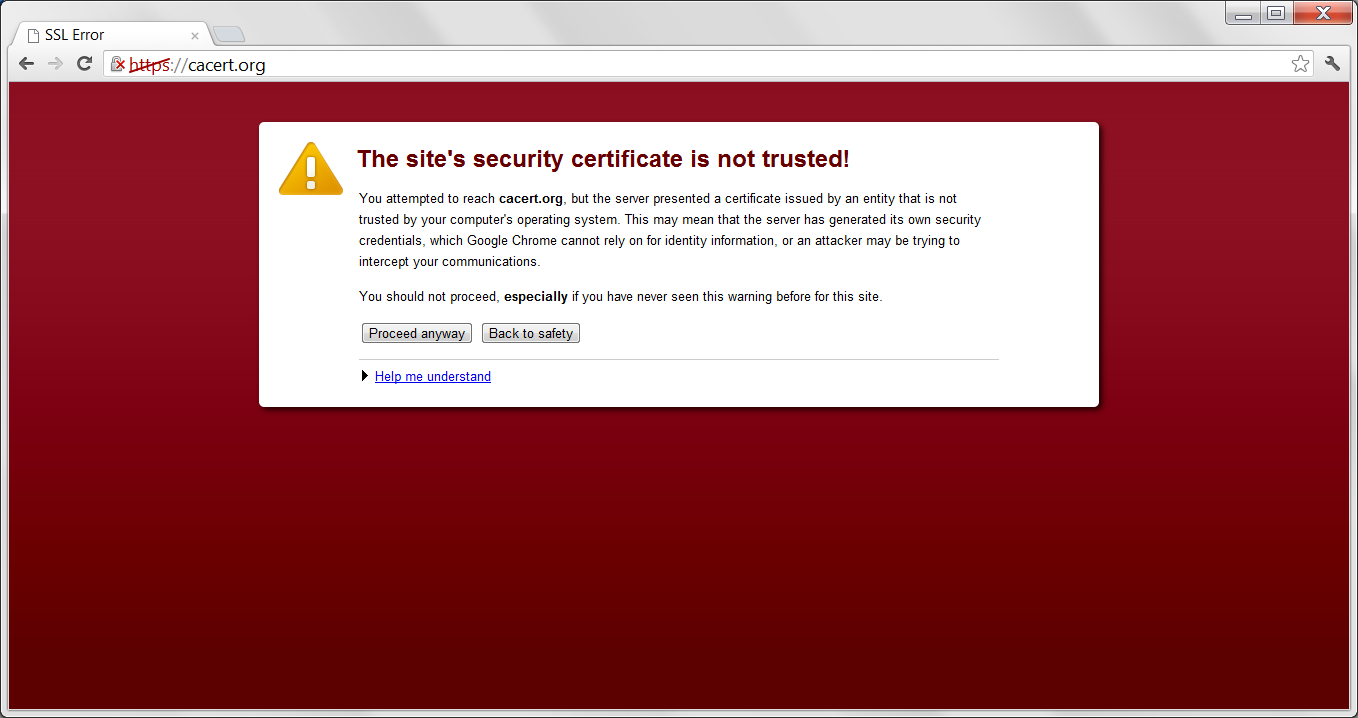
Medium and Small scale business sites such as personal blogs, local stores, and local news sites are easy targets for online hackers because those website does not plan to spend on their website data security. Without encryption security, hackers can steal your private data such as email address, password, and credit card details and can easily misuse them. According to Wall Street Journal, the estimated loss from cybercrime is $100 billion every year. If you are running an online business or any online activity where customers need to share personal details, then your website needs SSL encryption protection.
SSL Certificate creates an encrypted connection between server and browser through a key pair (a public and a private key). These certificates also contain website owner information, which is known as "Subject.".
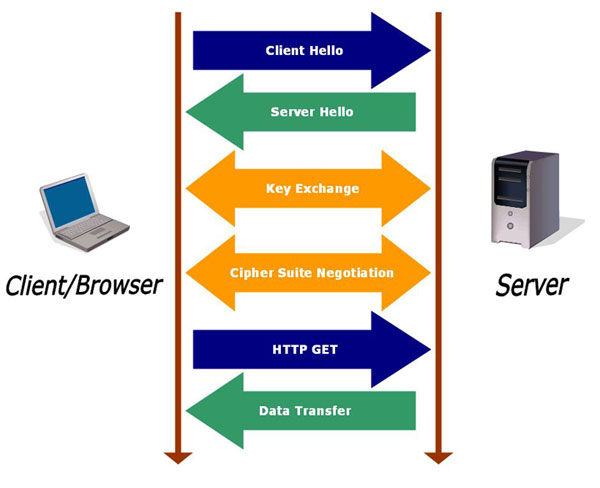 To get an SSL certificate, you need to first create a CSR (Code Signing Request) on your website hosting server. This process gives you two pair of keys (Public and Private Key) file.
Once you received the CSR data file, you need to send the public key file to SSL Certificate issuer also known as Certificate Authority or CA. When SSL Certificate issuer received the public key file, they create a structure to match your private key. The SSL Certificate issuer can never see your private key data.
After the completion of SSL certificate verification, when a browser tries to access your website protected by SSL certificate, the browser and server connect through SSL connection. Anything sends from the browser in encrypted form through public key can only decrypt from the private key install on the server.
To get an SSL certificate, you need to first create a CSR (Code Signing Request) on your website hosting server. This process gives you two pair of keys (Public and Private Key) file.
Once you received the CSR data file, you need to send the public key file to SSL Certificate issuer also known as Certificate Authority or CA. When SSL Certificate issuer received the public key file, they create a structure to match your private key. The SSL Certificate issuer can never see your private key data.
After the completion of SSL certificate verification, when a browser tries to access your website protected by SSL certificate, the browser and server connect through SSL connection. Anything sends from the browser in encrypted form through public key can only decrypt from the private key install on the server.
Any online business whether large, medium or small scale required SSL certificate to meet Card Payment Industry guidelines. PCI (Payment Card Industry) verify the SSL certificate is obtain from a trusted SSL authority and providing a secure private connection in the pages where customer needs to enter their personal details.
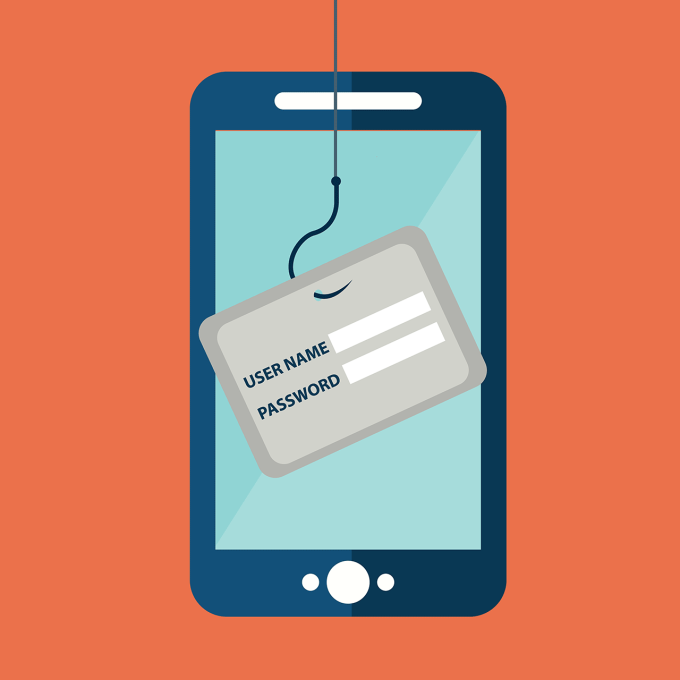
Replicate or fraud website do not get SSL certificate easily. If a visitor is completely aware of SSL protection, they will simply move from such untrusted website without any further action.
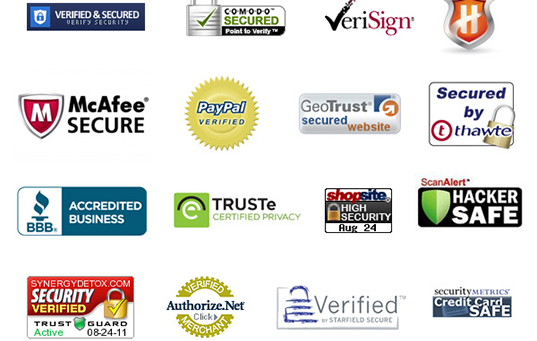
A Customer can easily check whether the website is secure from SSL certificate with the help of site seal and green bar. Website with SSL certificate will increase customer trust and confidence of online purchase.
What Happen When You Do Not Use Data Encryption

Medium and Small scale business sites such as personal blogs, local stores, and local news sites are easy targets for online hackers because those website does not plan to spend on their website data security. Without encryption security, hackers can steal your private data such as email address, password, and credit card details and can easily misuse them. According to Wall Street Journal, the estimated loss from cybercrime is $100 billion every year. If you are running an online business or any online activity where customers need to share personal details, then your website needs SSL encryption protection.
What is SSL Certificate
SSL Certificate creates an encrypted connection between server and browser through a key pair (a public and a private key). These certificates also contain website owner information, which is known as "Subject.".
How SSL Certificate Works

Benefits of SSL Certificate
Essential in Online Payment System:
Any online business whether large, medium or small scale required SSL certificate to meet Card Payment Industry guidelines. PCI (Payment Card Industry) verify the SSL certificate is obtain from a trusted SSL authority and providing a secure private connection in the pages where customer needs to enter their personal details.
Protection against Phishing:

Replicate or fraud website do not get SSL certificate easily. If a visitor is completely aware of SSL protection, they will simply move from such untrusted website without any further action.
Improve Customer Trust:

A Customer can easily check whether the website is secure from SSL certificate with the help of site seal and green bar. Website with SSL certificate will increase customer trust and confidence of online purchase.
Types of SSL Certificate
There are various types of SSL certificate products and brands are currently available in the market, based on your website type and requirement you can buy SSL certificate. For better understanding, you can also visit SSL Certificate Finder page.Some Popular SSL Certificate Products
- Single Domain SSL Certificate
- Multi Domain SSL Certificate
- Extended Validation (EV) Certificate
- Organization Validation SSL Certificate
- Wildcard SSL Certificate
Conclusion
A perfect SSL certificate can improve visitor trust through its green padlock, https protocol encourage visitor's to make the transaction with confidence.
Subscribe to:
Comments (Atom)








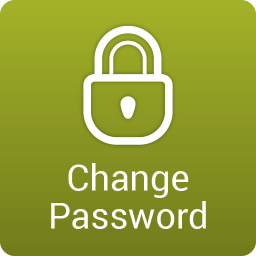





 Previous Article
Previous Article
